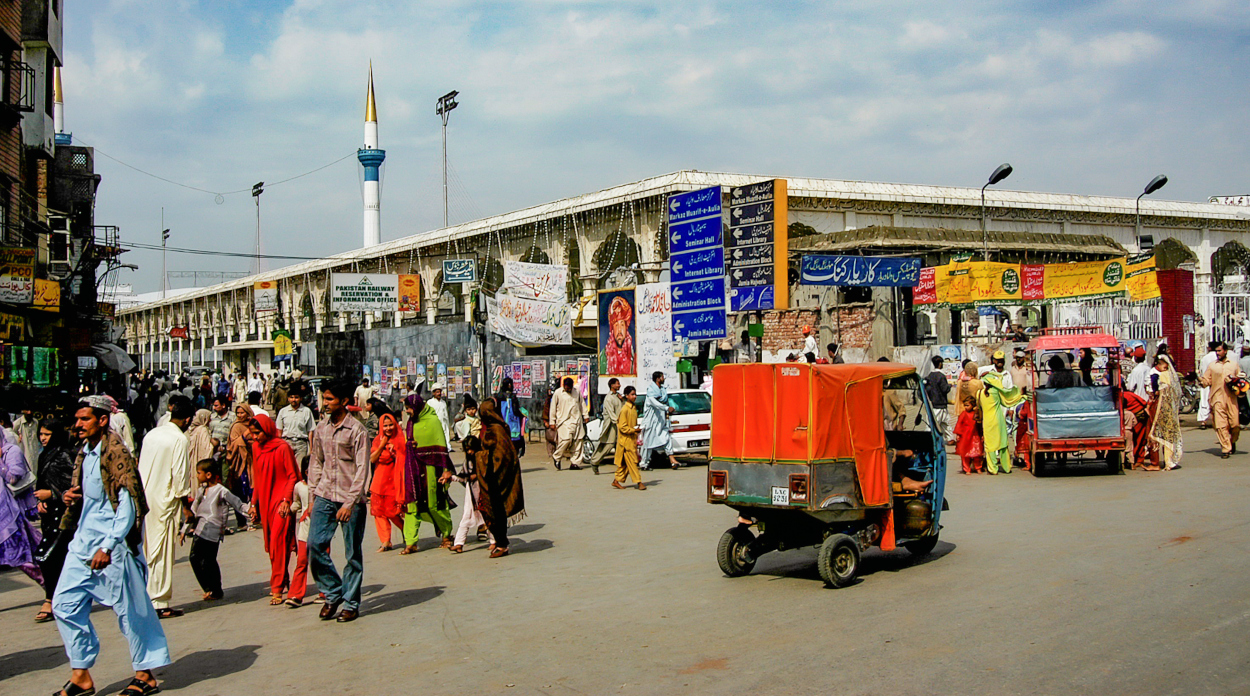Pakistan: A new government lacking legitimacy will be exposed to popular pressures and experience a persistent economic crisis

Event
Former PM Imran Khan won the general elections from jail. On 8 February, candidates of the Pakistan Tehreek-e-Insaf party (PTI), running as independents, as the PTI was officially barred from the elections, secured the equivalent of 101 of 266 seats in the National Assembly. The Pakistan Muslim League-Nawaz (PML-N) of favourite candidate and three-times former PM Nawaz Sharif and the Pakistan People’s Party (PPP) of former PM Benazir Bhutto’s widower Bilawal Bhutto Zardari came second and third respectively. The two parties reached an agreement to form a majority coalition government headed by Nawaz Sharif’s brother Shebhaz Sharif (who was Pakistan’s latest PM before power was handed over to a caretaker government last August, prior to the elections) and presidency would go to Asif Ali Zardari (PPP). Alleged vote-rigging and electoral interference by Imran Khan and his supporters, claiming an even larger share of the votes, led to large protests across the country.
Impact
Given the tense political climate and political and military crackdown on the PTI in the months preceding the elections, election results promised to be controversial. While the economic crisis continues to harm the population’s daily life, Khan’s popularity has grown further since the announcement of his total 24-year prison sentence for corruption and leaking state secrets. Therefore, the PTI’s large victory at the elections is hardly surprising, especially as his supporters interpreted the election delay and Khan’s imprisonment as politically orchestrated by the army and elites. The PTI’s rejection of official poll results and of the future government is expected to fuel high instability in the country in the short-term. This should take the form of protests, blockades and wide disruptions, increased terrorist attacks – the government offices and the army being the main targets ¬– all the more since no improvement in the socioeconomic conditions (e.g. weak real GDP growth, inflation still at 28% in January) is expected soon.
Rather, such a period of instability will make unpopular austerity measures – potentially under a new IMF programme after the current one expires in April – even more difficult to implement, thereby prolonging the economic crisis. Furthermore, Pakistan could face again the threat of a sovereign debt default in the coming months given the very challenging debt servicing ahead. In this uncertain context, where the next government is likely to be fragile and exposed to popular pressures, the ST political risk outlook is negative. As Pakistan’s stabilised foreign exchange reserves remain insufficient to meet its upcoming external debt obligations, the ST political risk rating (6/7) is likely to be under pressure.
Analyst: Raphaël Cecchi – r.cecchi@credendo.com